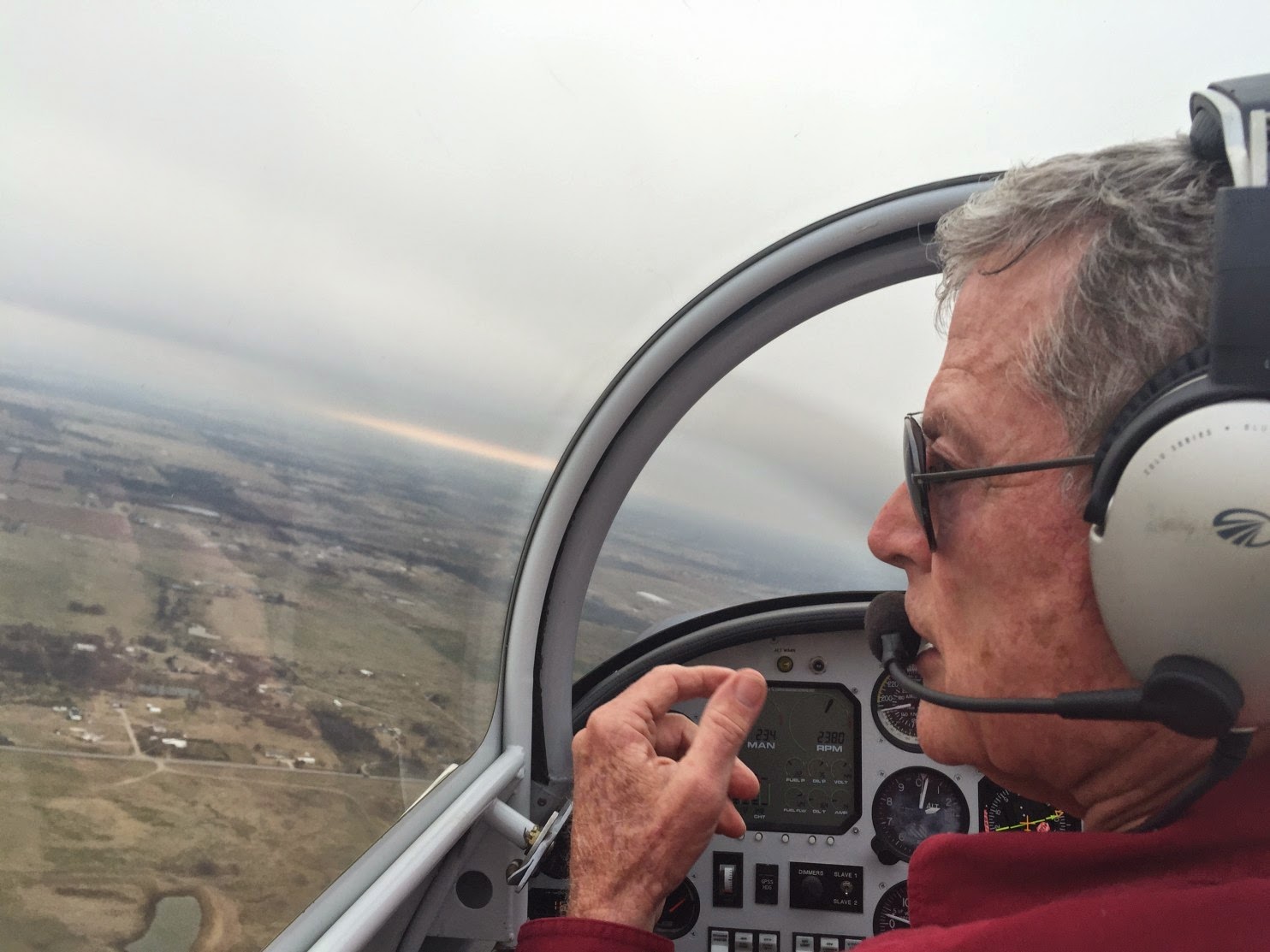
Oklahoma U.S. Sen. Jim Inhofe introduced three bills this week in support of the aviation community including one to protect pilots from government bureaucracy and another calling for $1 billion in hangar improvements nationwide.
“As a pilot with more than 11,000 flight hours, I know the value aviation brings to our economy and to our nation,” Inhofe said. “That’s why I have introduced three bills to support the general aviation community by prioritizing investment in hangars, training the next generation of aviation professionals and providing regulatory certainty for flight instructors.
The PLANE Act would empower the voices of pilots, invest in airport infrastructure and ensure more opportunities for a trained aviation workforce.
This legislation enhances legal protections for pilots that must contend with the federal bureaucracy, requires additional transparency when FAA makes decisions impacting aviation stakeholders and promotes investment at general aviation airports—the backbone of our national aviation system.
The bill would also correct the diversion of aviation fuel taxes that supports the non-aviation infrastructure.

The Certainty for General Aviation Pilots Act provides certainty that pilots engaged in flight training and flight testing are not considered as “carrying persons or property for compensation or hire.”
FAA has recently reinterpreted long standing policy related to flight training. Because of this change, pilots now face additional burdens having to comply with new bureaucratic steps to fly aircraft tomorrow that they were able to fly yesterday. The directive also imposes new barriers for owners seeking instruction to fly aircraft they purchase and actively discourages qualified flight instructors from providing training to pilots.

The HANGARS Act would fund $1 billion in hangar improvements at general aviation airports across the country to address growing aircraft hangar shortages and to support economic development for rural communities.
In 2020, there were over 19,000 general aviation airports in the United States, compared to just 519 certificated airports, each with significant impact to the local community and each with a hangar.






